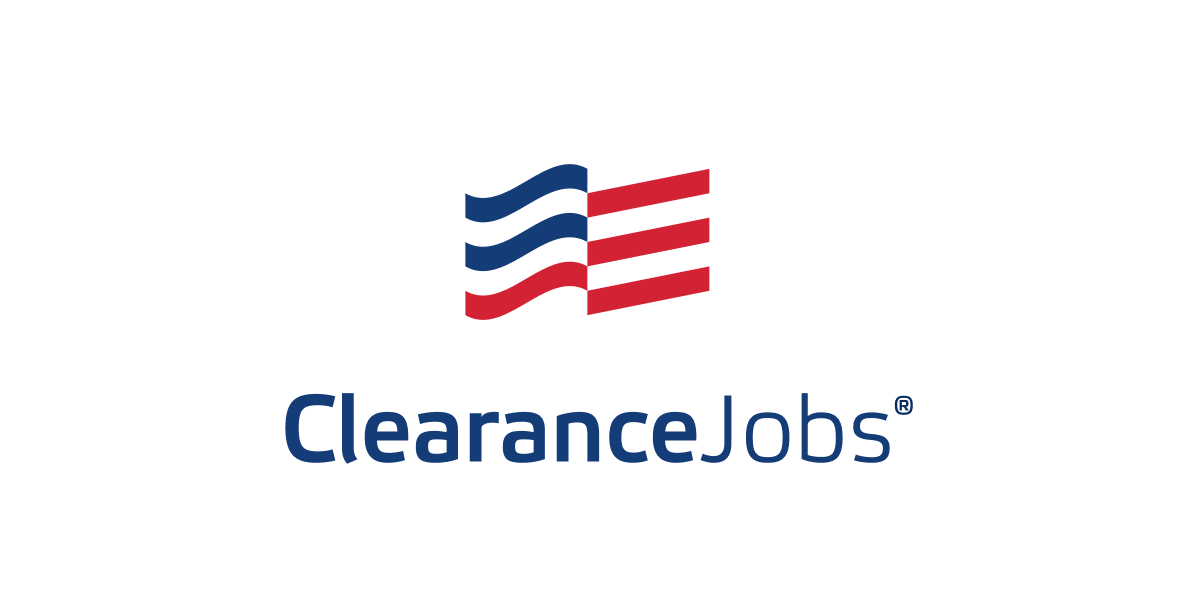Dive Brief:
- The U.S. Senate on Thursday passed the Ending Forced Arbitration of Sexual Assault and Sexual Harassment Act, a bipartisan bill that invalidates arbitration agreements that prevent a party from filing a lawsuit in court alleging sexual assault or sexual harassment. The House had passed a version of the bill Feb. 7.
- The bill will void all current forced arbitration provisions for sexual assault and sexual harassment claims, and will allow those who bring such allegations to talk publicly about their experiences.
- “The bill is going to help fix a broken system that protects perpetrators and corporations and ends the days of silencing survivors,” Kirsten Gillibrand, D-NY, said. “No longer will survivors of sexual assault or harassment in the workplace come forward and be told that they are legally forbidden to sue their employer because somewhere buried in their employment contract was this forced arbitration clause.”
Dive Insight:
The workplace policy of mandatory arbitration — a process that requires workers to resolve disputes through a third party and outside of the court system — has become much more common in recent decades. A 2018 analysis from the Economic Policy Institute, a progressive think tank, found that more than half of private, nonunion employers (54%) in the U.S. use mandatory arbitration.
In general, larger workplaces are more likely to require forced arbitration; at companies with more than 1,000 employees, 65% have mandatory arbitration policies, EPI found.
Prohibiting forced arbitration for cases of sexual assault and sexual harassment has been one of the primary goals of workplace reformers during the #MeToo movement, as the practice has been an effective tool for keeping survivors quiet about their experiences and allowing companies to shield alleged perpetrators from consequence.
Former Fox News host Gretchen Carlson, a major proponent of the bill, was among those subjected to forced arbitration after accusing former Fox News CEO Roger Ailes of sexual harassment. While Carlson did eventually bring a lawsuit against the network, she was persuaded by her own experience that mandatory arbitration clauses have a silencing effect on those pressured to abide by them.
In testimony before the House in 2019, Carlson drew on the examples of companies like American Apparel, Massage Envy and Sterling Jewelers, all of which used forced arbitration clauses. “So many Americans sign forced arbitration agreements without even knowing what they are or thinking about what they mean for their Constitutional rights,” Carlson said. “And the employer can refuse to hire people who won’t sign. What kind of ‘agreement’ is that?”
“The system has been broken for years,” Dan Meyer, managing partner of Tully Rinckey, said in a statement. “Management had its chance to come clean on these violations, and they used it to game the system. The old arbitration system was geared toward protecting the company. This bill protects whistleblowers reporting unacceptable behavior in the workplace or elsewhere.”
HR pros should be aware that if President Joe Biden signs the bill as expected, the law will take effect immediately, invalidating whatever arbitration provisions their companies have with respect to sexual assault and sexual harassment and banning such future practices.
HR leaders should “review employment agreements and make sure [they] don’t have any that violate the law” in light of the legislation’s passage, Aaron Goldstein, labor and employment partner at Dorsey & Whitney, told HR Dive. While arbitration clauses can remain, HR leaders should strip out language pertaining to sexual assault and sexual harassment, he said.




